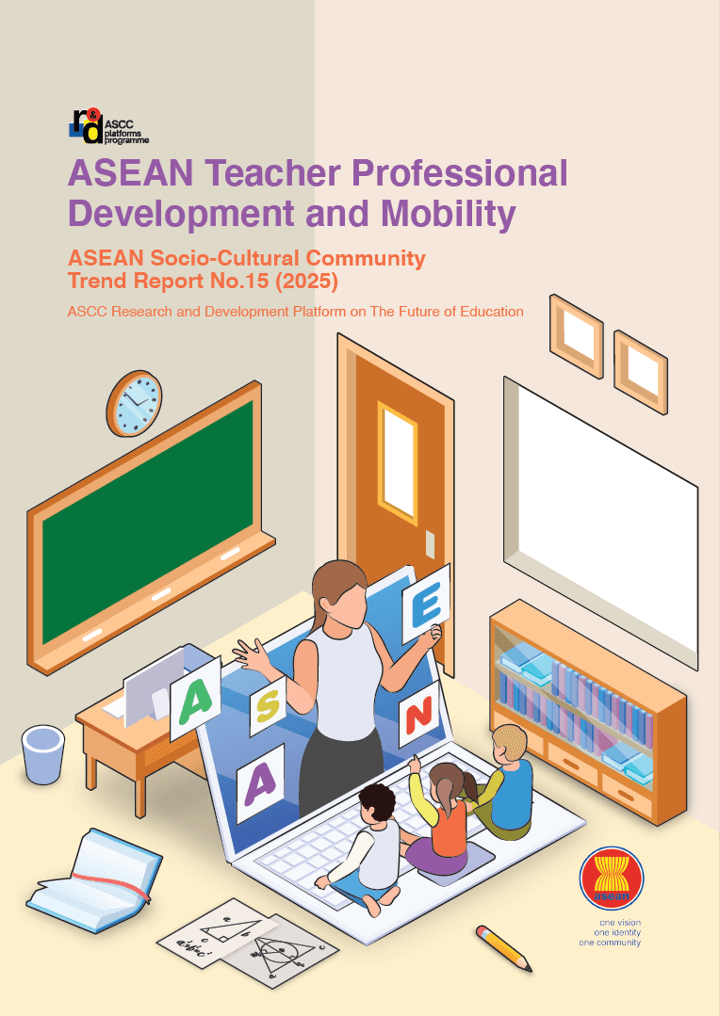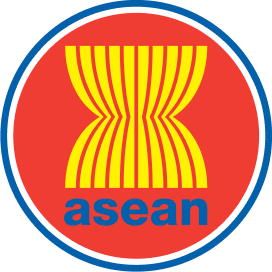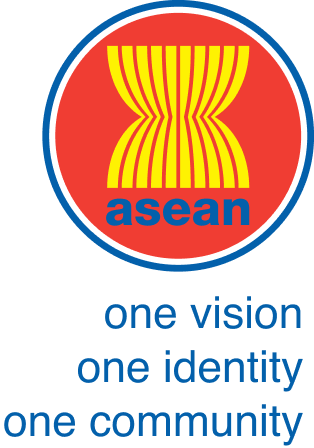

Southeast Asia has a high population of literate adult citizens (ASEAN Secretariat, 2022) and four ASEAN Member States (AMS) have attained the quality education achievement rating defined by Sustainable Development Goal (SDG) 4 (Sachs et al, 2023). To improve regional performance, education quality must improve in the six AMS that have yet to meet SDG 4 standards. Learning poverty data show a disparity in education quality in the region (United Nations Children’s Fund [UNICEF] and United Nations Educational, Scientific and Cultural Organization [UNESCO], 2021).
Making progress on the Future of Education demands teachers of sufficient quality. The world will need an additional 44 million teachers for universal primary and secondary education by 2030, 4.5 million of whom will need to be deployed in Southeast Asia (UNESCO, 2023b). However, having an adequate number of teachers is not sufficient; their quality also matters. The Transforming Education Summit (TES) recognised that the education workforce must be professionalised, trained, motivated, and supported to drive education transformation (UNESCO, 2022).
Several AMS have made progress on teacher-related issues. They have attempted to select the best entrants and worked to make teaching a profession of choice. Teacher education institutions (TEI) have also increased access to programmes through initiatives such as online training, transnational teacher programmes, and even microcredentialing. Teacher training institutions worldwide have instituted programmes to address current and emerging needs, particularly for 21st century competency teacher training. Collaborative approaches, such as lesson study and networking in teacher education and professional development have been used.
However, the uneven progress in developing teaching quality across AMS requires region-wide upgrades of professional training programmes. The ASEAN Secretariat (ASEC) hopes to do that through implementation of the ASEAN Teaching Framework and the development of a better learning ecosystem for professional teachers.
To prepare the current teaching workforce for the Future of Education, regional synergy is needed to ensure equitable progress in attaining sufficient teacher quality. Accordingly, this report offers the following recommendations:
- develop the teaching force for the future through the ASEAN Teacher Growth and Development Framework,
- ensure that learning spaces are adequately staffed with quality teachers,
- reinvent teacher training institutions as a model learning ecosystem,
- implement policies and allocate resources to support the readiness of teachers for the future, and
- prepare ASEAN’s teachers for the Future of Education through regional mobility and credential recognition.







